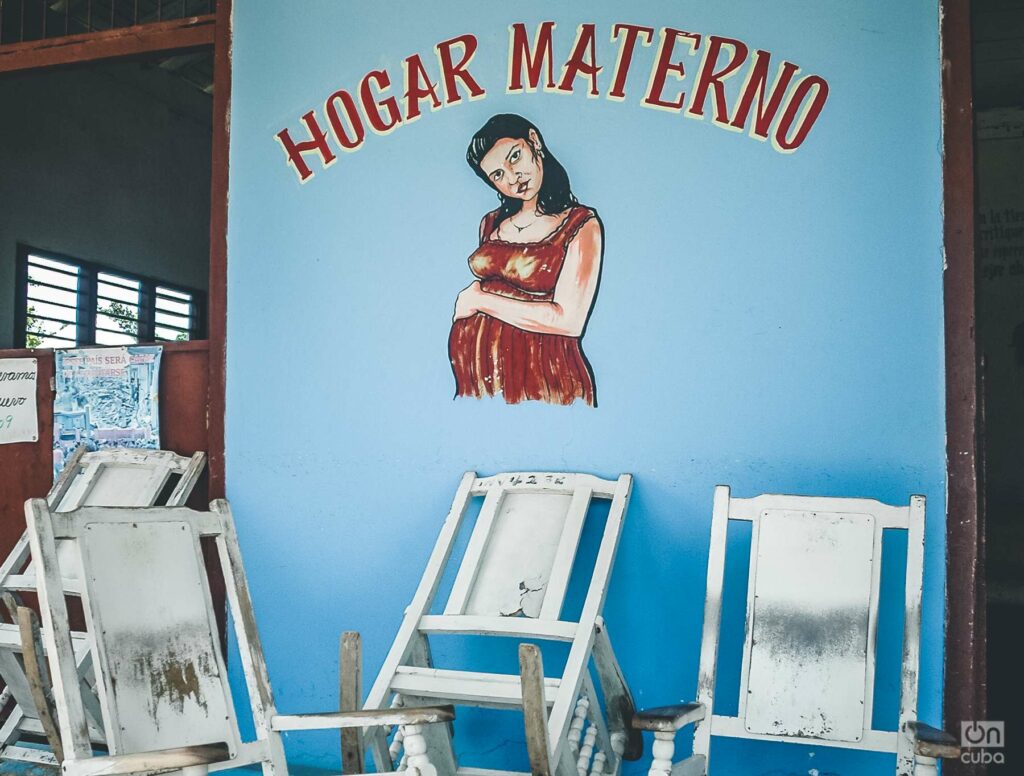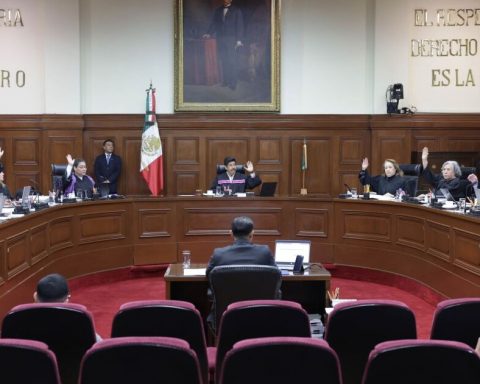The Global Commission on Drug Policy, made up of former Latin American presidents and other world leaders, applauded the Colombian government’s effort to turn around the “failed” war on drug trafficking and proposed the “legal regulation of all drugs.”
“The only hope we have right now is Colombia. President (Gustavo) Petro (…) can be very exemplary for other Latin American countries (…) so that they reconsider their deeply conservative, retrograde and useless policies in this matter“, former Mexican President Ernesto Zedillo (1994-2000) told AFP during the presentation of the report “Colombia: the path to fair regulation.”
(Read: Colombia breaks its coca cultivation record, according to a UN report).
After the first hundred days of the Petro government, which took power on August 7, the international and independent group proposed “the legal regulation of all drugs that are currently considered illicit starting with cannabis, followed by the coca leaf and cocaine“According to the report.
Gathered in Bogotá, the leaders supported the proposal of the leftist president of dismantle the repressive approach promoted for half a century by the United States and that it has not managed to extinguish drug trafficking or violence.
“Colombia has been the most victim of the victims of this policy of prohibition” from “the war declared by President (Richard) Nixon” (1969-1974) to drugs, which was a “total failure”, declared the former president of Colombia (2010-2018) and Nobel Peace Prize, Juan Manuel Santos.
(Also: US questioning of Petro’s anti-drug policies).
Former president of the world’s largest cocaine producer, Santos acknowledged that his drug crop eradication policy failed and assured that “drug consumption and trafficking can never be eliminated, but it can be minimized and controlled.” In 2021, Colombia surpassed a historical record for drug crops with 204,000 hectares planted, an increase of 43% in one year, according to the UN.
The United States remains the largest consumer of the drug produced by Colombiaa. For former Swiss president Ruth Dreifuss (1999), the US government is changing, “now it also considers the prohibition policy a failure (…) even for them the taboo of regulation is collapsing,” she said in French.
According to independent studies the cocaine business contributes between 2% and 3% of Colombian GDP and it is fuel for the violence that persists after more than half a century of armed conflict. The Commission also proposed working on respect for human rights and separating the anti-drug policy from the military security agenda.
(Also: Legalize and tax cocaine: the proposal of the director of the Dian).
AFP

















